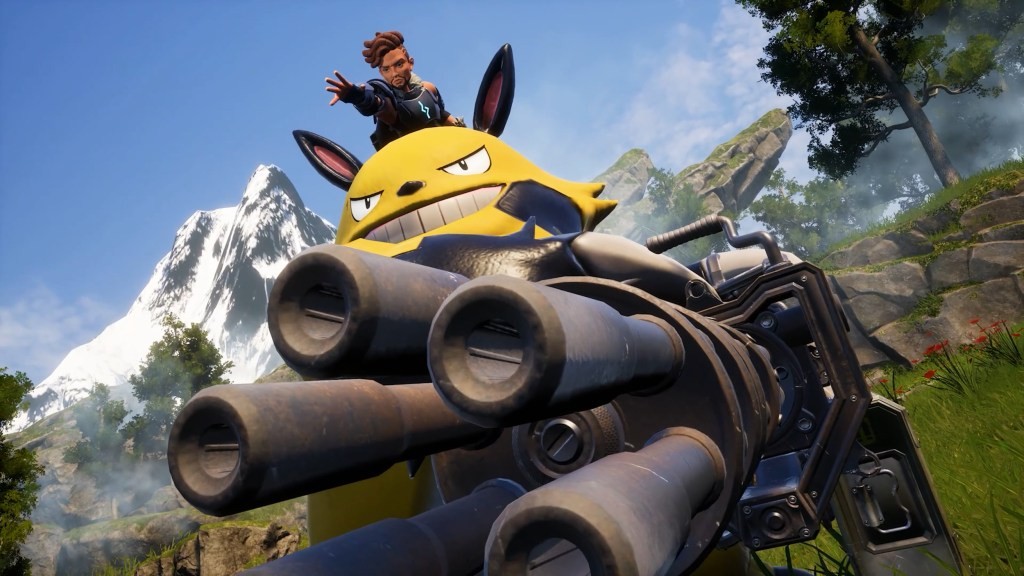
In a surprising turn of events, Nintendo and The Pokémon Company have filed a lawsuit against Pocketpair, the developer of the popular game Palworld. The legal action alleges that Palworld infringes on multiple patents related to gameplay mechanics found in the Pokémon franchise.
Pocketpair recently disclosed details of the lawsuit, which centers around three patents filed by Nintendo and The Pokémon Company between February and July 2023. Although these patents were filed after Palworld's January launch, they are connected to a "parent" patent from December 2021, potentially making them applicable to the game.
The lawsuit seeks an injunction against Palworld, which could potentially halt its sale in Japan where the legal action is taking place. Additionally, Nintendo and The Pokémon Company are requesting a fine of 10 million yen (approximately £50,000) to be split between the two companies, along with late payment damages.
At the core of this legal dispute are three specific patents: 7545191, 7493117, and 7528390. These patents cover gameplay elements such as capturing digital creatures and the ability to ride on them. One patent, in particular, describes a mechanic where players catch creatures by aiming and throwing a capture item, mirroring the gameplay in both Pokémon and Palworld.
Japanese patent attorney Kiyoshi Kurihara previously described one of these patents as a "killer patent" that would be "easy to infringe." This assessment highlights the potential strength of Nintendo and The Pokémon Company's legal position.
Despite the lawsuit, Pocketpair remains defiant. The developer has stated its intention to continue asserting its position through future legal proceedings. As this case unfolds, it could have significant implications for the gaming industry, particularly for games that share similarities with established franchises.
The outcome of this legal battle will be closely watched by both the gaming community and industry professionals, as it may set a precedent for how intellectual property is protected in the rapidly evolving world of video games.